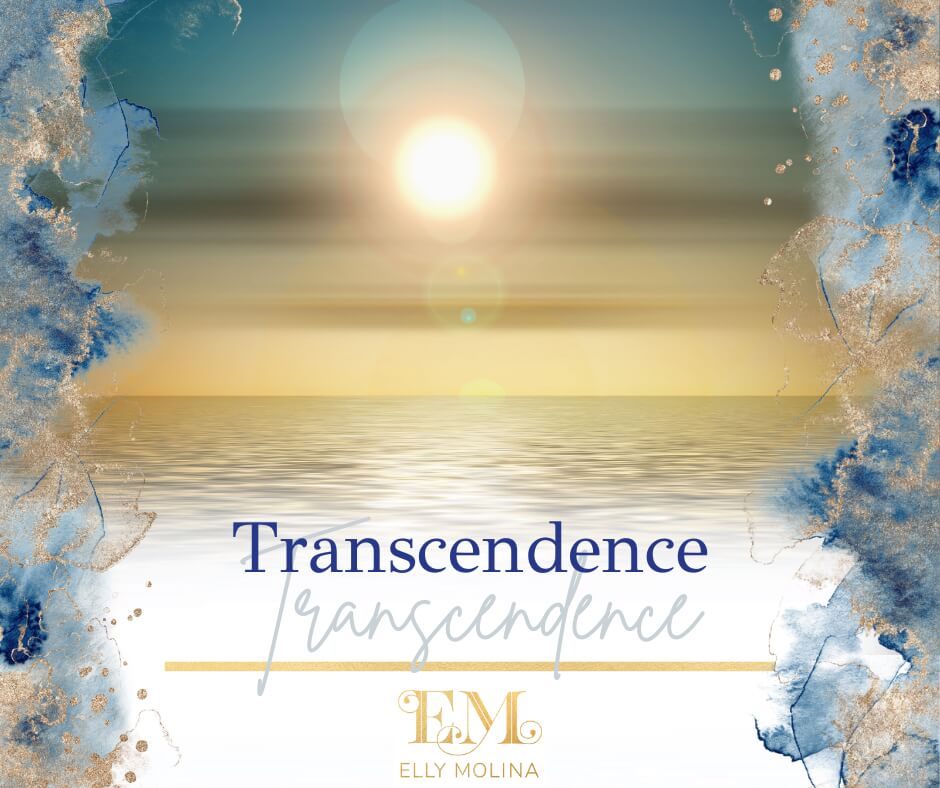We can know only that we know nothing. And that is the highest degree of human wisdom.
Nikolai Tolstoy
In spirituality, you may have heard of “ascension,” “New Earth,” and “moving into the 5-D,” as well as frequency shifts, extraterrestrial involvement, good vs. evil, and the “rapture.”
I want to offer a unique perspective that empowers and creates a strong vision of possibility.
We are undergoing significant personal and cultural changes that will continue for several decades.
This change is related to transcendence and the emergence of a new Episteme.
It is the transformation we have already begun experiencing in all areas of our culture, and it continues on a large scale across different fields of knowledge, including sciences and arts.
Webster defines transcendence as “existence or experience beyond the ordinary or physical level. It is the ability to surpass normal limits and boundaries.;
For me, transcendence involves pushing the boundaries of our consciousness and human potential, not just physically (e.g., telekinesis) but also spiritually and mentally.
An Episteme, in the history of science, is not a single, linear trajectory toward more knowledge but a series of perspectives, conversations, discoveries, and insights that disrupt the current cultural perspective.
There have historically been only three significant epistemes in Western European culture over the past 800 years. To understand an Episteme, we can think of it like this:
There are conscious and unconscious behaviors in a culture.
- The conscious rules of society are those we know and understand consciously and make decisions according to.
- The unconscious levels determine how we think, write, and behave. These are deeply ingrained into our society and belief system. For example, today’s scientists would ridicule what was considered scientific knowledge in the Middle Ages. However, at the time of those teachings and their knowledge, it was scientific fact.
The Episteme is the unconscious rule that governs serious scientific conversations in a specific society at a particular time. This determines what does and does not get taken seriously by the scientific community. We are in a New Episteme in the history of humanity. Most of the time, people are unaware of this because it is a set of unconscious rules that govern our behavior.
What distinguishes the Episteme from the Paradigm?
- A paradigm is conscious, while an episteme is unconscious since its rules are deeply ingrained in our thinking.
- A paradigm happens in a specific field of study, i.e., history, linguistics, art, etc., where the episteme encompasses all facets of culture, history, and science.
- Paradigms do not live long. There could be several paradigm shifts in a century. Epistemes happen very rarely. There have only been three epistemes in science in Western culture in the past 800 years; Paradigms can shift rapidly.
- Therefore, when an episteme changes, its impact on science and society is enormous. It happens in every discipline at once.
This change will impact us tremendously. We don’t even have an accurate vocabulary to discuss these changes yet. It will be up to us to create the vocabulary.
Those at the forefront might refer to themselves as “trailblazers,” “conscious beings,” “transformed,” and even “enlightened.” These are the people bringing heightened awareness and conscious changes to the world.
Recently, we have gained an understanding of and experienced phenomena such as other dimensions, telepathy, remote viewing, telekinesis, spontaneous healing, and remote/distance healing.
We are currently witnessing a new era of scientific discovery, with previously unexplained phenomena starting to appear in scientific journals. This marks the beginning of a new Episteme, an exciting time for us all. As we become more self-aware and mindful, our consciousness will play a vital role in shaping the development of this new Episteme that we are entering.
In the future, this era may be known as the Age of Aquarius, the Age of the New Earth, or Ascension, or something unknown to us now. Only time will tell!
